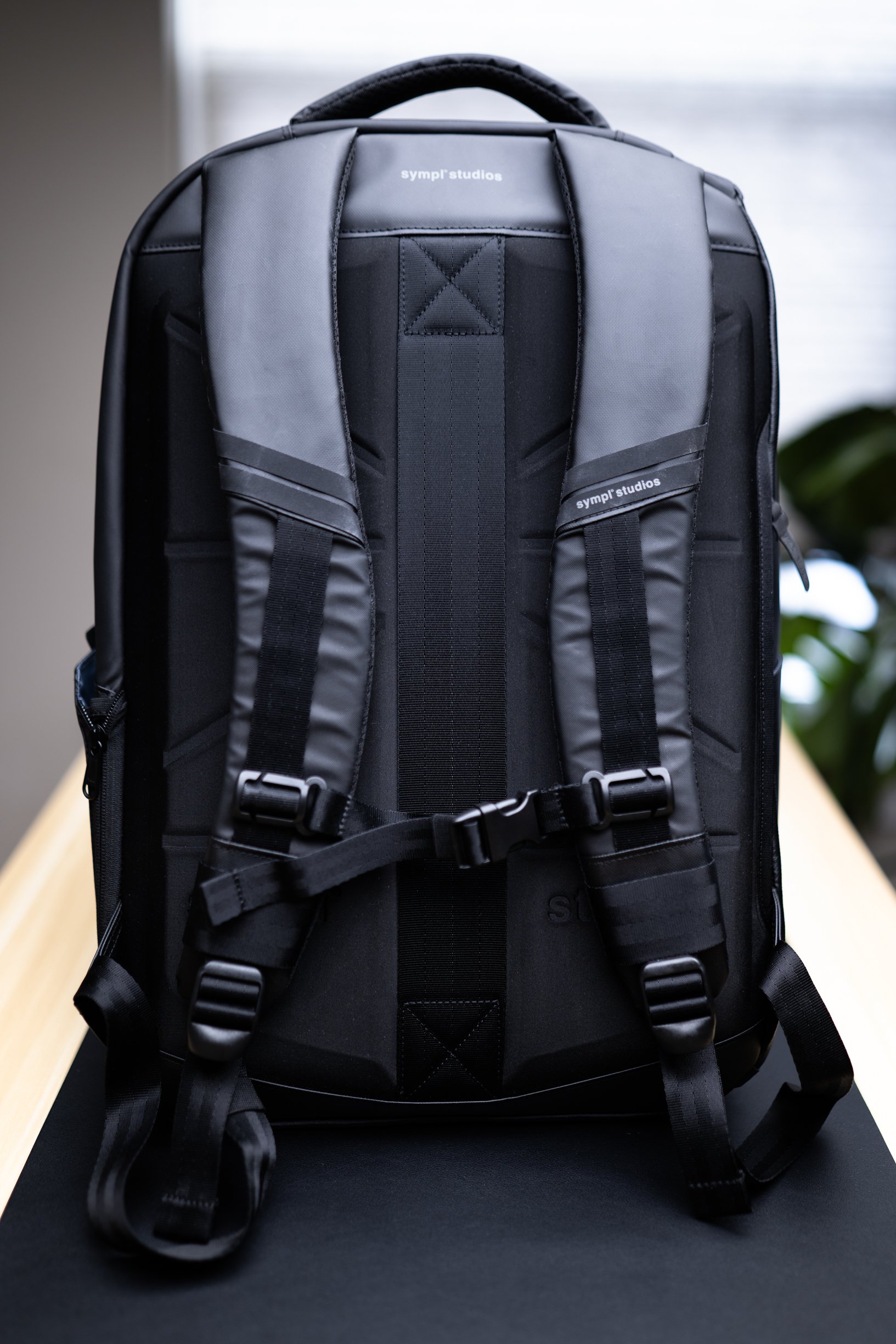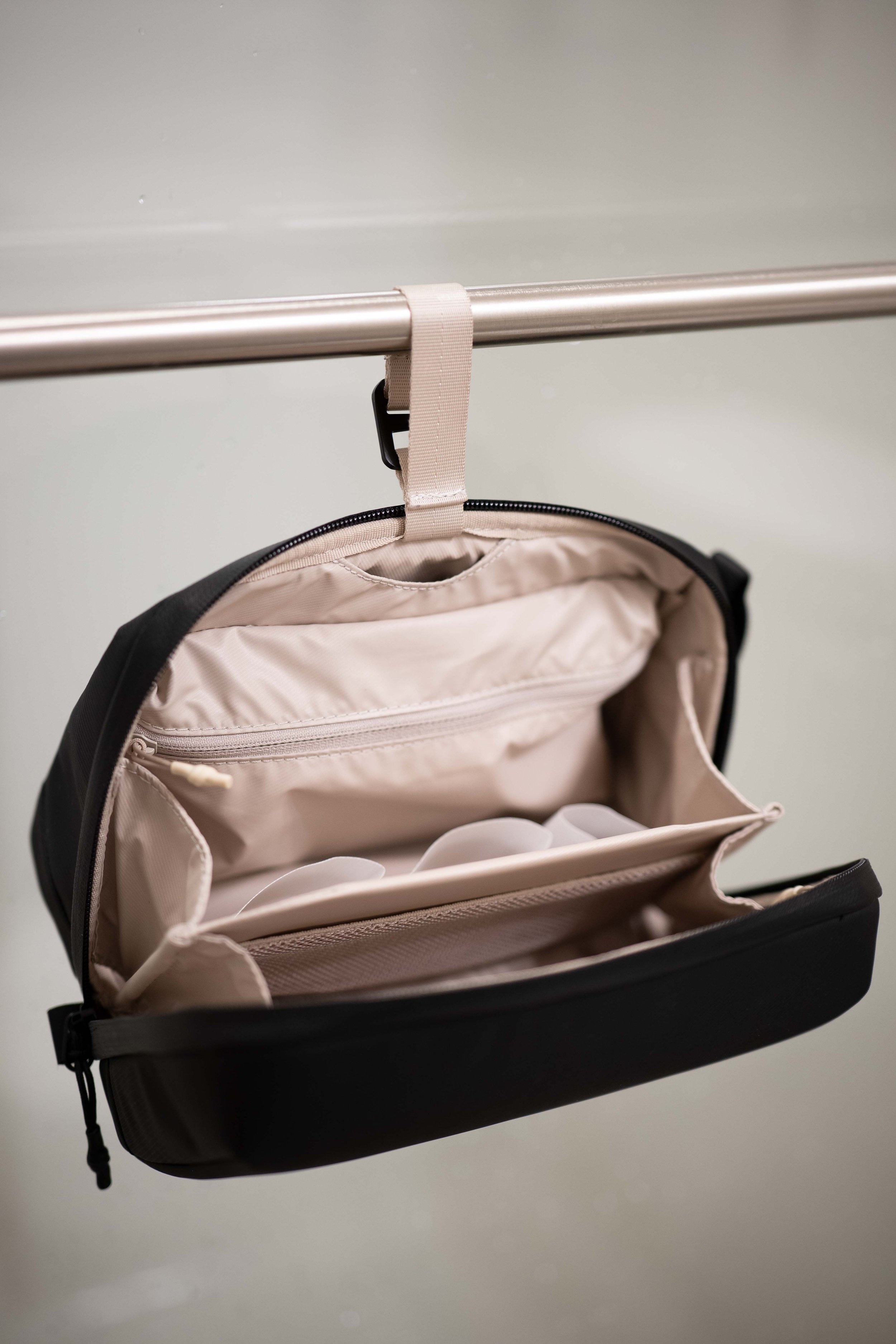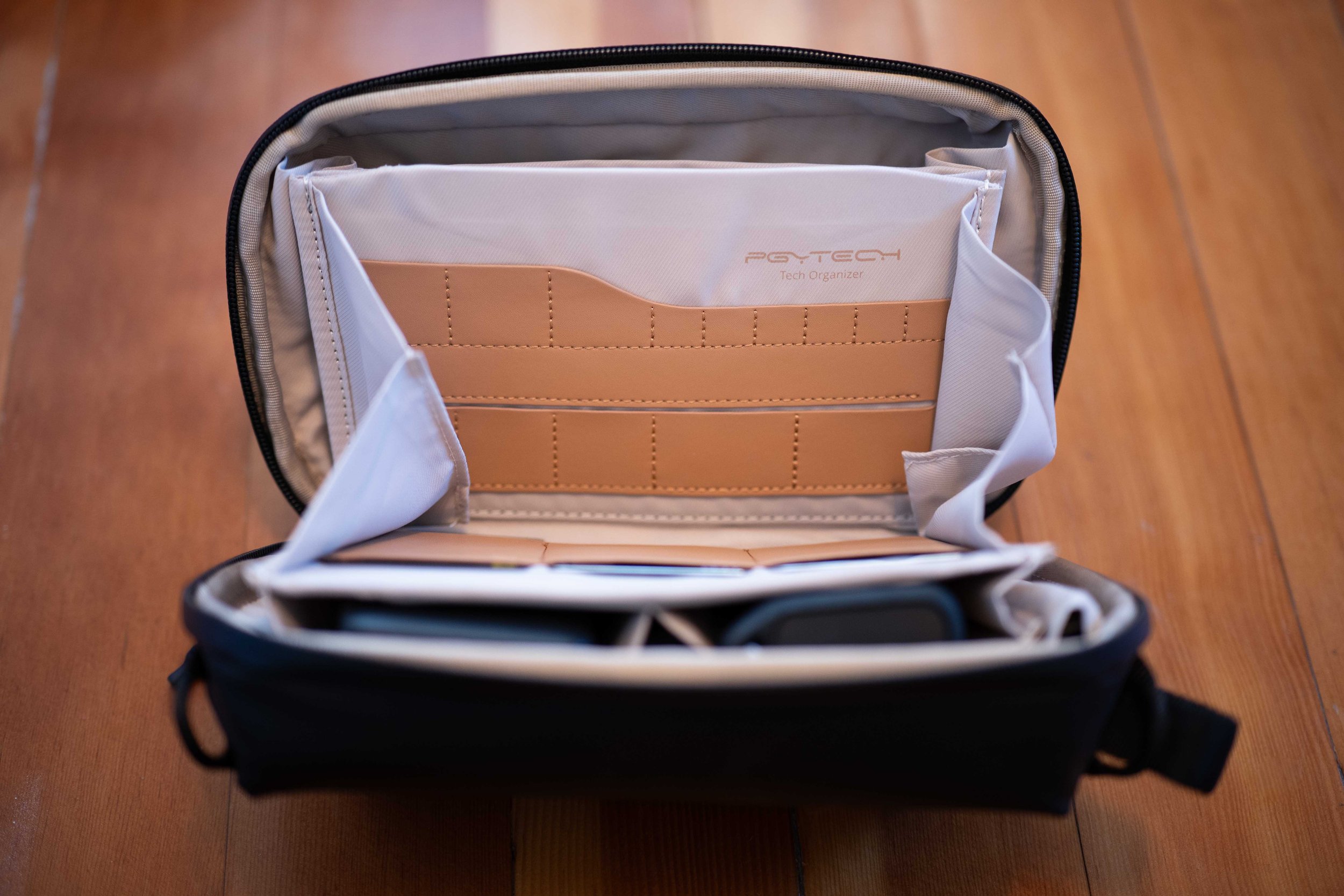Why Hiking In The Winter Is Actually A Great Idea
Winter hiking may not be everyone’s cup of tea (Sidenote, bring a cup of tea), and I can definitely understand why. The thought that come to mind may be shivering from the freezing cold and wandering around in the woods without even a nice lake to swim in at the end of your journey. But it can actually be a great experience for those willing to brave the cold and may be looking for a new kind of adventure this winter. And you’ll be surprised how not cold it really is once you start hiking. In this article we will go through 8 reason why you should absolutely try winter hiking.
Winter Hiking Quick Points
Winter Hiking Is Incredibly Peaceful
The Scenery Is Breathtaking
You Can Avoid Crowded Trails
It’s A Great Workout
You’ll Feel Accomplished
You’ll Be Expanding Your Comfort Zone
You Can Ski, Snowshoe, Maybe Even Ice Climb
It’s Very Beneficial For Your Mental Health
Winter Hiking Is So Peaceful
With fewer people on the trails, winter hiking offers a more tranquil experience than hiking in the summer months. The snow-covered landscape also creates a serene and peaceful atmosphere. The snow also damps the noise so it become incredibly quiet. You can enjoy the sounds of snow crunching under your boots, the occasional chirp of a bird. It's a chance to disconnect from the noise and commotion of everyday life.
The Scenery Is Breathtaking
The landscapes you come across hiking in the winter are stunningly beautiful. The snow-capped mountains, frozen waterfalls, and ice-covered lakes provide a unique and awe-inspiring backdrop for your hike. You'll see nature in a whole new light, with the sparkling snow making everything seem brighter and more vibrant. I actually prefer the landscapes of winter hiking to those of summer hikes
You Can Avoid The Crowds
During peak hiking season, it can be difficult to find solitude on popular trails. Winter hiking, on the other hand, often means you'll have the trail mostly to yourself. It's a great opportunity to escape the hustle and bustle of city life and enjoy some much-needed alone time in nature
It’s A Great Workout
Hiking through snow requires more effort and burns more calories than hiking on a clear trail. You'll also be using different muscles than you would on a regular hike, which can help increase your overall fitness level. Plus, the colder temperatures mean your body is working harder to maintain its core temperature, which can lead to an increased metabolic rate.
You’ll Feel Incredibly Accomplished
Winter hiking is not for the faint of heart. It takes determination and bravery to head out into the cold and snowy wilderness. But once you reach your destination, you'll feel an incredible sense of accomplishment and pride for having conquered the elements.
It’s A Chance To Try Something New
If you’re an avid hiker, winter hiking can be a fun and exciting new challenge. You'll need to be prepared for the colder temperatures and potentially icy terrain, but with the right gear and a sense of adventure, you can explore new trails and experience nature in a whole new way.
You Can Enjoy Winter Sports Too
Many hiking trails also offer opportunities for winter sports such as snowshoeing, cross-country skiing, and even ice climbing. These activities can add a new level of excitement and adventure to your winter hike. I love backcountry ski touring which involves a sort of winter hiking and man if you’ve only ever been to the resort, backcountry skiing is a whole new amazing thing.
It’s Good For Your Mental Health
Spending time in nature has been shown to reduce stress and improve mental health. Winter hiking is no exception. The peaceful surroundings, physical activity, and sense of accomplishment can all contribute to a better overall mood and outlook on life.
Tips For Winter Hiking
Quick tips:
Dress in Layers
Wear appropriate footwear
Pack the right gear
Know the trail conditions
Stay hydrated
Protect your skin
Practice Leave No Trace principles
Bring extra food and snacks
Start early and plan for shorter daylight hours
Stay alert for signs of hypothermia and frostbite
Winter hiking is a great experience, but it can also bring alot of new challenges as well. If you're planning to hit the trails during the colder months, here are some tips to help you stay safe and comfortable:
Dress In Layers
It's important to stay warm on your winter hike, but you don't want to overheat and sweat, which can make you feel colder. Dress in layers so you can easily adjust your clothing as needed. Start with a moisture-wicking base layer, add an insulating layer, and top it off with a waterproof and windproof outer layer.
Wear Appropriate Footwear
The trail conditions can be slippery and icy during the winter months, so it's important to wear appropriate footwear with good traction. Consider investing in a pair of hiking boots with crampons or microspikes for added grip.
Pack The Right Gear
In addition to warm clothing and sturdy footwear, you'll want to pack a few essential items for your winter hike. These may include a backpack, water bottle, snacks, headlamp or flashlight, map and compass, first aid kit, and a multi-tool.
Know The Trail Conditions
Before you head out, be sure to check the trail conditions and weather forecast. Pay attention to any warnings or advisories and adjust your plans accordingly. And if your just starting out. It might be best to just stay home if their is moderate to severe avalanche danger.
Stay Hydrated
It can be easy to forget to drink enough water when it's cold outside, but staying hydrated is just as important in the winter as it is in the summer. Be sure to pack plenty of water and sip regularly throughout your hike.
Protect Your Skin
Even though it's cold outside, the sun's rays can still be harmful to your skin. Be sure to apply sunscreen to any exposed skin, wear a hat and sunglasses to protect your face, and use lip balm to prevent chapped lips.
Practice Leave No Trace Principles
As with any hiking trip, it's important to leave the trail better than you found it. Follow Leave No Trace principles by packing out all your trash, staying on designated trails, and avoiding disturbing wildlife.
Bring Extra Food And Snacks
Your body burns more calories to stay warm in cold weather, so it's important to bring extra food and snacks to keep your energy levels up. Pack foods that are high in protein, carbohydrates, and healthy fats, such as trail mix, energy bars, and cheese.
Start Early And Plan For Shorter Daylight Hours
In the winter months, the days are shorter, so it's important to start your hike early to make the most of the daylight. Plan your route accordingly, and be sure to carry a headlamp or flashlight in case you need it.
Stay Alert For Signs Of Hypothermia And Frostbite
Hypothermia and frostbite are serious conditions that can occur when your body temperature drops too low. Watch out for symptoms such as shivering, confusion, slurred speech, and numbness or tingling in your extremities. If you notice any of these signs, take immediate action to warm up and seek medical attention if necessary.
Winter hiking may not be for everyone, but for those willing to give it a try, it can be a truly rewarding and unforgettable experience. So why not at least give it a shot and hit the trails this winter season? You never know what amazing sights and experiences you may encounter along the way








When planning my four-month overseas trip I knew I needed a carry-on that would make travel simple. It had to be durable, spacious, and easy to carry. I found it and here is my review.